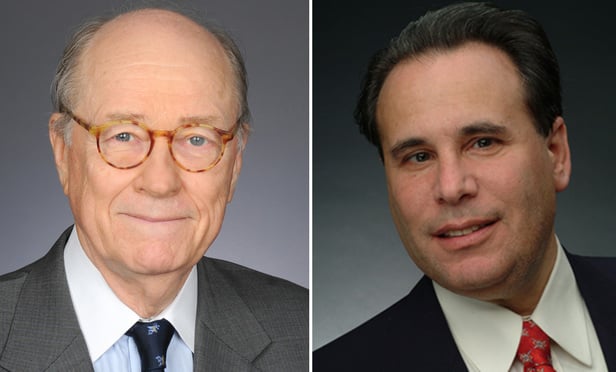When foreign states engage in commercial transactions in the United States, either themselves or through directly owned entities, they are subject to the limitations on their sovereign immunity set out in the Foreign Sovereign Immunities Act (FSIA), 28 USC 1601 et seq. Among other things, that act denies immunity from lawsuits to a foreign state to the extent that it engages in commercial activity in the United States. The Supreme Court recently rejected, by denying certiorari in Odhiambo v. Republic of Kenya (14-1206, cert. denied June 27, 2016), the opportunity to clarify how extensive that activity has to have been for immunity to be denied to a foreign state. We discuss below how the courts have dealt with what is the most frequently invoked of the commercial activity exceptions and how they have established a higher hurdle for a plaintiff under the FSIA than under the due process “minimum contacts” standard.
This exception to sovereign immunity under the FSIA is embodied in the first clause of 28 USC §1605(a)(2), which permits an action against a foreign state that is “based upon a commercial activity carried on in the United States by the foreign state.” Under a separate provision of the FSIA, 28 USC §1603(d), such commercial activity is defined as “either a regular course of commercial conduct or a particular commercial transaction or act” and, under §1603(a), as “commercial activity…having substantial contact with the United States” (emphasis added).
This content has been archived. It is available through our partners, LexisNexis® and Bloomberg Law.
To view this content, please continue to their sites.
Not a Lexis Subscriber?
Subscribe Now
Not a Bloomberg Law Subscriber?
Subscribe Now
LexisNexis® and Bloomberg Law are third party online distributors of the broad collection of current and archived versions of ALM's legal news publications. LexisNexis® and Bloomberg Law customers are able to access and use ALM's content, including content from the National Law Journal, The American Lawyer, Legaltech News, The New York Law Journal, and Corporate Counsel, as well as other sources of legal information.
For questions call 1-877-256-2472 or contact us at [email protected]



